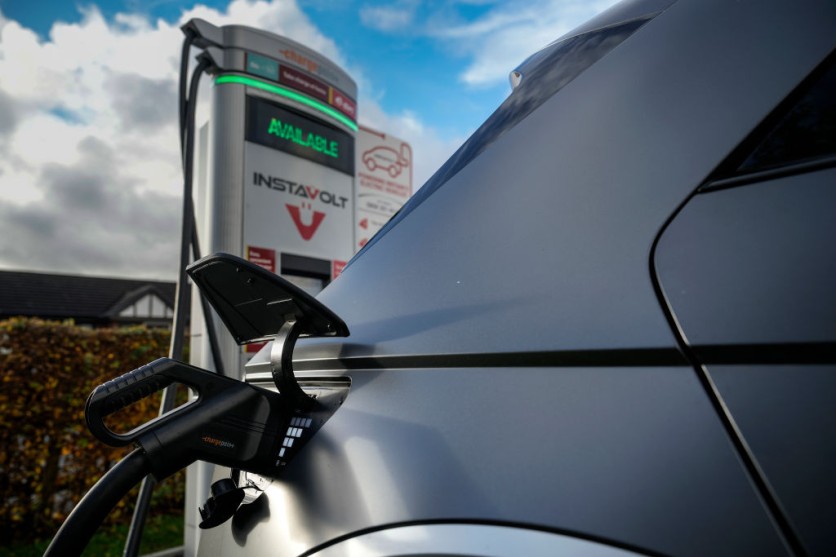Car dealers will have the green light to offer instant rebates to buyers of select electric vehicles, starting from January 2024. The memo outlines that eligible vehicles may potentially qualify for a tax credit of up to $7,500.

Instant Rebates for Car Purchases
The Internal Revenue Service (IRS) has released proposed regulations regarding the transfer of clean vehicle credits, both new and previously owned, from taxpayers to eligible entities. These credits are applicable to vehicles placed in service after December 31, 2023.
Under the Inflation Reduction Act, taxpayers are entitled to credits for qualified clean vehicles, whether new or previously owned, that are acquired and put into service during the taxable year. Starting from January 2024, taxpayers will have the option to transfer these clean vehicle credits to eligible entities in specific situations.
IRS stated that the new guidance provides clarity on how taxpayers can choose to transfer these credits to eligible dealers who can receive advance payments for either credit type.
Additionally, the proposed regulations and revenue procedure outline the steps for dealers to become eligible entities capable of receiving advance payments for these clean vehicle credits. The proposed regulations also contain provisions for credit recapture, ensuring adherence to the program's guidelines.
The revenue procedure includes details on how dealers can register with the IRS to become eligible for receiving credit transfers from taxpayers, outlining the registration process through IRS Energy Credits Online.
Various Factors to be Eligible
However, the specific amount of the credit will be contingent upon various factors, including the vehicle's qualifications and the timing of the purchase. To be eligible for the tax credit, an electric vehicle must possess a minimum battery capacity of seven kilowatt hours.
Additionally, buyers will be ineligible to claim the credit if their adjusted gross income surpasses specified thresholds, set at $300,000 for those married and filing jointly, and $150,000 for the majority of single taxpayers.
Furthermore, Engadget reported that the manufacturer's suggested retail price (MSRP) of the EV must adhere to certain price limits.
For instance, the cap for sport utility vehicles and pickup trucks is set at $80,000, whereas regular electric vehicles must not exceed $55,000 in MSRP, which notably restricts the advantage for more affordable car manufacturers.
Although the rebate won't apply to luxury vehicles like the $81,000 Porsche Taycan, it remains accessible for models like the Nissan Leaf S, priced at $27,400.
Certain electric vehicles purchased prior to 2024 may also be eligible for the rebate, provided they were acquired and not intended for resale. For EVs put into service on or after April 18, 2023, the IRS has outlined several factors that will influence the potential rebate amount.
This includes the make of the vehicle and its battery capacity. Ownership duration requirements have been established to deter unethical buyers from purchasing an EV, reselling it, and claiming the rebate for themselves.

![Apple Watch Series 10 [GPS 42mm]](https://d.techtimes.com/en/full/453899/apple-watch-series-10-gps-42mm.jpg?w=184&h=103&f=9fb3c2ea2db928c663d1d2eadbcb3e52)



